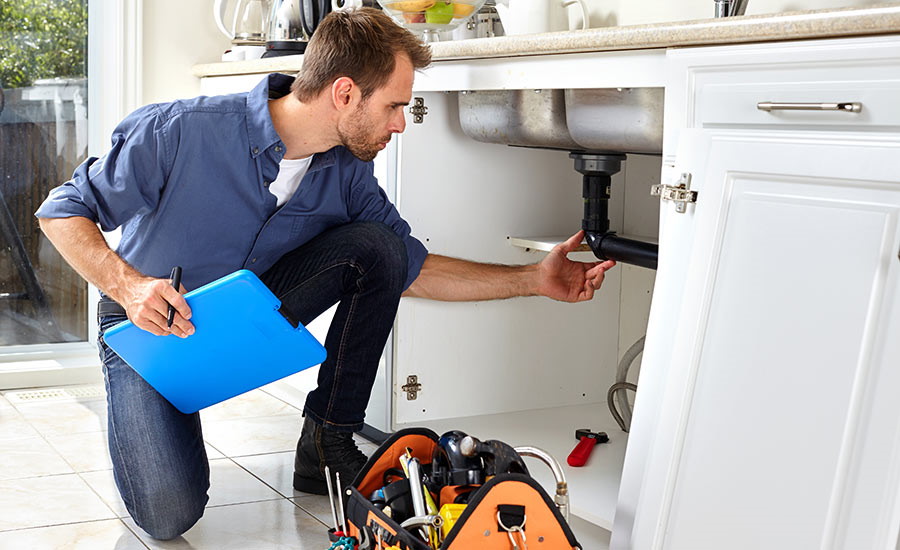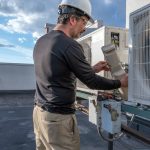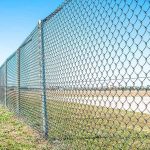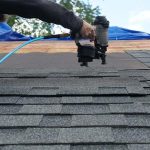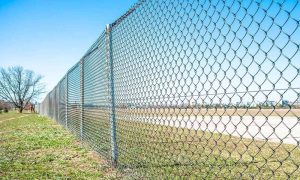Buying a home is one of the biggest investments most people will ever make, and in a place like Garland, TX, where the soil and weather can be as unpredictable as a Texas thunderstorm, it’s essential to know what you’re getting into. While most buyers focus on square footage, kitchen upgrades, and school districts, one critical aspect that often gets overlooked is the home’s plumbing, sewer, and water systems. Ignoring these can lead to costly repairs down the road, so it’s smart to have these systems thoroughly inspected before signing on the dotted line.
Why Plumbing Inspections Matter in Garland, TX
Texas homes, especially those in North Texas cities like Garland and nearby Plano, face unique challenges when it comes to plumbing. From expansive clay soils that shift with changing moisture levels to older infrastructure in established neighborhoods, these homes are more prone to plumbing issues if not properly maintained. Here’s why you should consider a comprehensive plumbing inspection before purchasing a property in this area:
- Soil Movement and Foundation Issues – The clay-heavy soil in this region expands and contracts with changing weather, putting stress on underground pipes and foundations.
- Aging Infrastructure – Many homes in Garland and Plano were built decades ago, meaning their plumbing systems may be outdated or nearing the end of their useful life.
- Water Quality Concerns – Hard water and mineral buildup can reduce the efficiency of appliances and plumbing systems, leading to higher maintenance costs.
- High Water Pressure – While it might be nice in the shower, excessive water pressure can stress pipes and fittings, increasing the risk of leaks over time.
Key Plumbing Components to Inspect
When having a home’s plumbing system inspected, make sure the following critical components are checked:
1. Water Supply Lines
- Check for signs of corrosion, leaks, or outdated materials like galvanized steel, which can rust and reduce water flow.
- Look for evidence of previous repairs, which can indicate a history of plumbing problems.
- Make sure the main water shut-off valve is accessible and functioning properly.
2. Sewer and Drain Lines
- Use a sewer camera to inspect underground lines for cracks, root intrusion, or blockages that can lead to costly repairs.
- Test for slow drains or signs of frequent clogs, which can indicate bigger issues.
- Consider hydro jetting if the line is partially blocked but structurally sound.
3. Water Heater
- Verify the age and condition of the water heater, as these typically last 8-12 years.
- Check for leaks, corrosion, or improper installation that can lead to inefficiency and high utility bills.
- If you’re considering an upgrade, tankless water heaters are a popular choice for Plano and Garland homeowners.
4. Fixtures and Faucets
- Inspect for leaks, corrosion, or mineral buildup that can reduce water pressure and efficiency.
- Make sure all fixtures are properly sealed to prevent water damage behind walls.
5. Pressure and Flow Testing
- Test the home’s water pressure to ensure it’s within the recommended range (40-80 psi). High pressure can damage plumbing over time.
- Consider installing a pressure-reducing valve if the reading is too high.
Don’t Forget the Sewer Scope
One of the most critical yet often overlooked inspections is the sewer scope. This involves sending a specialized camera into the home’s sewer line to check for cracks, roots, or blockages that can cause backups and expensive repairs. Given the clay soil in Garland and Plano, these issues are more common than many homeowners realize.
Water Quality Testing
Don’t forget to check the home’s water quality. Hard water is common in North Texas, and while not necessarily dangerous, it can cause scaling and reduce the lifespan of appliances like water heaters and dishwashers. Water quality tests can reveal:
- Hardness levels
- Chlorine and chemical contamination
- Bacteria or sediment levels
Special Considerations for Plano Homebuyers
If you’re looking at homes in nearby Plano, keep in mind that this area, like Garland, also faces hard water challenges. Many homes here benefit from the installation of water softeners or whole-house filtration systems to improve water quality and extend the life of plumbing systems.
Why You Should Hire a Professional
Final Thoughts
Before you make one of the biggest investments of your life, make sure you know the full story behind the pipes, drains, and water supply in your potential new home. A professional plumbing inspection can provide peace of mind and help you avoid costly surprises down the road. Whether you’re looking at older homes in Garland or newer builds in Plano, having your plumbing system thoroughly checked is a smart move.
Additional Tips for New Homeowners in Garland and Plano
- Know Your Water Pressure: Homes in this area often have high water pressure, which can strain pipes. Installing a pressure regulator can help.
- Inspect for Tree Roots: The dense clay soil in Garland and Plano can make sewer lines more vulnerable to root intrusion.
- Check for Hard Water Buildup: Consider a water softener if your faucets, showerheads, or appliances show signs of scaling.
Considering Future Plumbing Upgrades
If you’re investing in a new home, it’s worth thinking about future plumbing upgrades. From tankless water heaters to whole-house water filtration systems, small improvements can add value and comfort to your property. Ask your plumber about options that can increase efficiency, reduce maintenance costs, and improve water quality.
Planning for the Long Haul
Owning a home in Garland or Plano means being prepared for the long haul. Investing in quality plumbing today can prevent costly repairs tomorrow. Stay proactive, stay informed, and work with trusted local plumbers to keep your home’s plumbing system in top shape for years to come.
If you’re ready to schedule a plumbing inspection or have questions about what’s involved, reach out to a trusted local plumber for expert advice and peace of mind.
